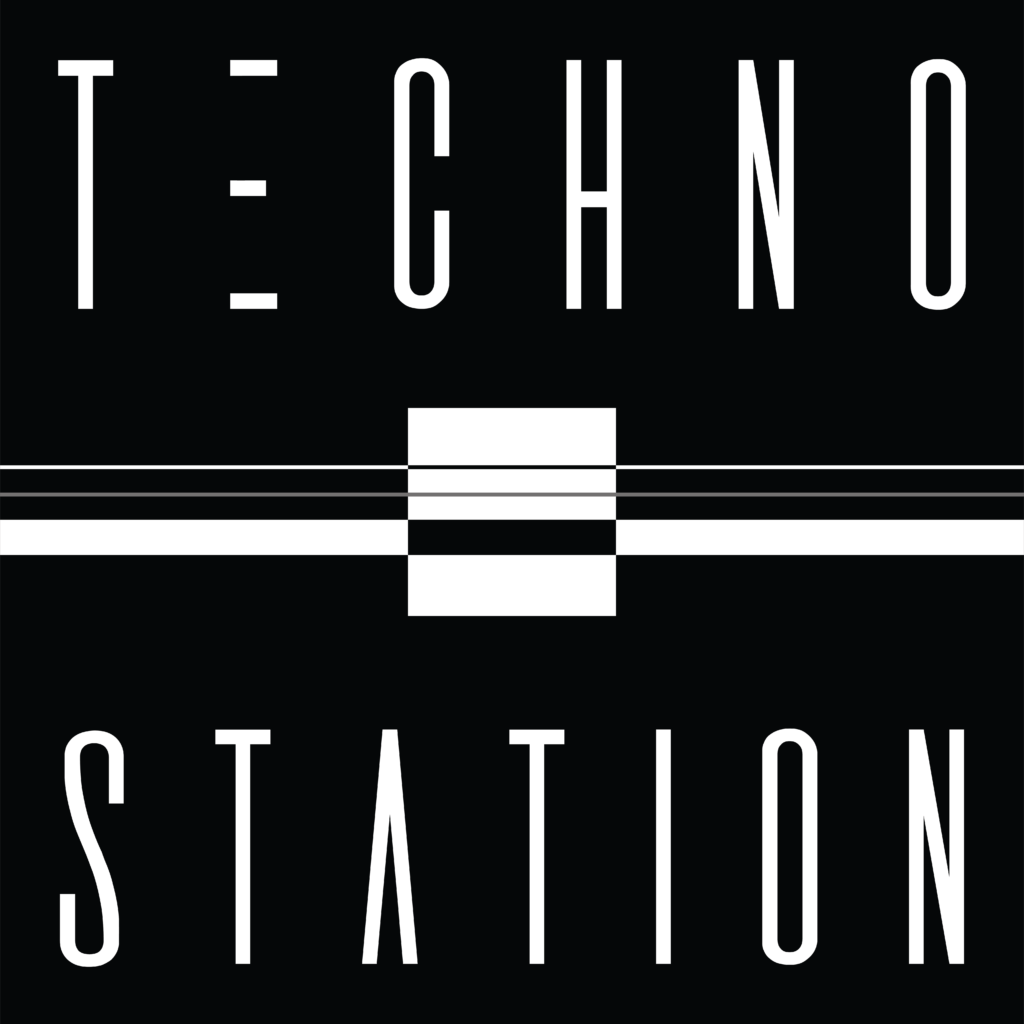DJs and gigs can be precisely matched with online booking services like gigmit.
Could they wreak havoc on the music industry?
It’s difficult to get started as a DJ. Playing friends’ house parties, sharing internet mixes, and performing in small settings for single-digit crowds are all part of my daily routine.
The ambition is to trade in his impoverished anonymity for paid gigs, club residencies, and a thousand-plus SoundCloud followers.
But how do you do it? If you ask anyone in the sector, they’ll all tell you the same thing: making contacts and demonstrating your worth is a long and arduous process.
But, according to a new generation of online booking services that are disrupting the business, that may be about to change.
New platforms like gigmit, Gigmor, and Gigstarter are giving aspiring DJs a direct line to the public. Of the platforms, gigmit is making the biggest waves. Founded in 2012, the site is a sort of Tinder for the music industry, bringing together perfectly matched venues and artists. The Berlin-based service boasts 200,000 users and over 10,000 registered venues and festivals. DJs looking for gigs create a profile on the site, which then suggests relevant opportunities posted by clubs and festivals. Rather than having to navigate a daunting tangle of promoters, agents and managers, artists can bid for work at the source.
“We are simplifying what has become very complex,” gigmit founder Marcus Fitzgerald told Resident Advisor.
While gigmit does have some established artists on board– German DJs Sascha Dive and Felix Kröcher are listed on the site—the benefits are clearer for those fresh on the scene. gigmit says its service opens doors for artists who don’t have the insider connections and bulging address books traditionally needed to secure bookings.
“We stand for diversity and accessible stages,” said Fitzgerald. “Talent should matter more than who you know.”
gigmit offers users a free basic version, but artists looking to access the most lucrative gigs must pay €228 a year for a premium subscription. gigmit says this model means it doesn’t need to take a cut of artists’ fees.
The platforms allege benefits for the industry side, too. On gigmit, club and festival promoters get access to a database of thousands of artists filtered by genre and location. Acts are sorted according to their Spotify listeners and social media followers—the metrics of choice for commercially driven bookers looking to maximise ticket sales. The tool has particular appeal for festival promoters, who often struggle to book the hundreds of artists needed for a multi-day event. The pandemic saw 70 percent of DJs retrain in other fields, making bookable acts scarcer than they once were.
Read more here.











